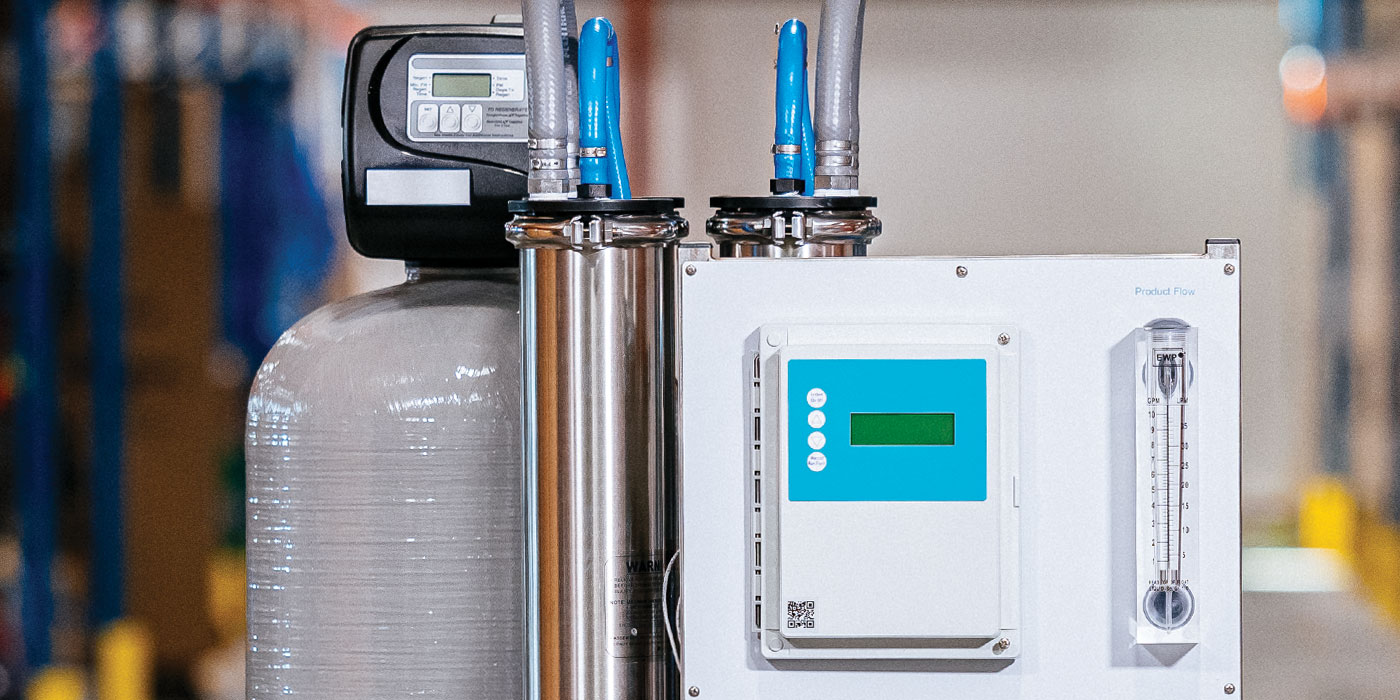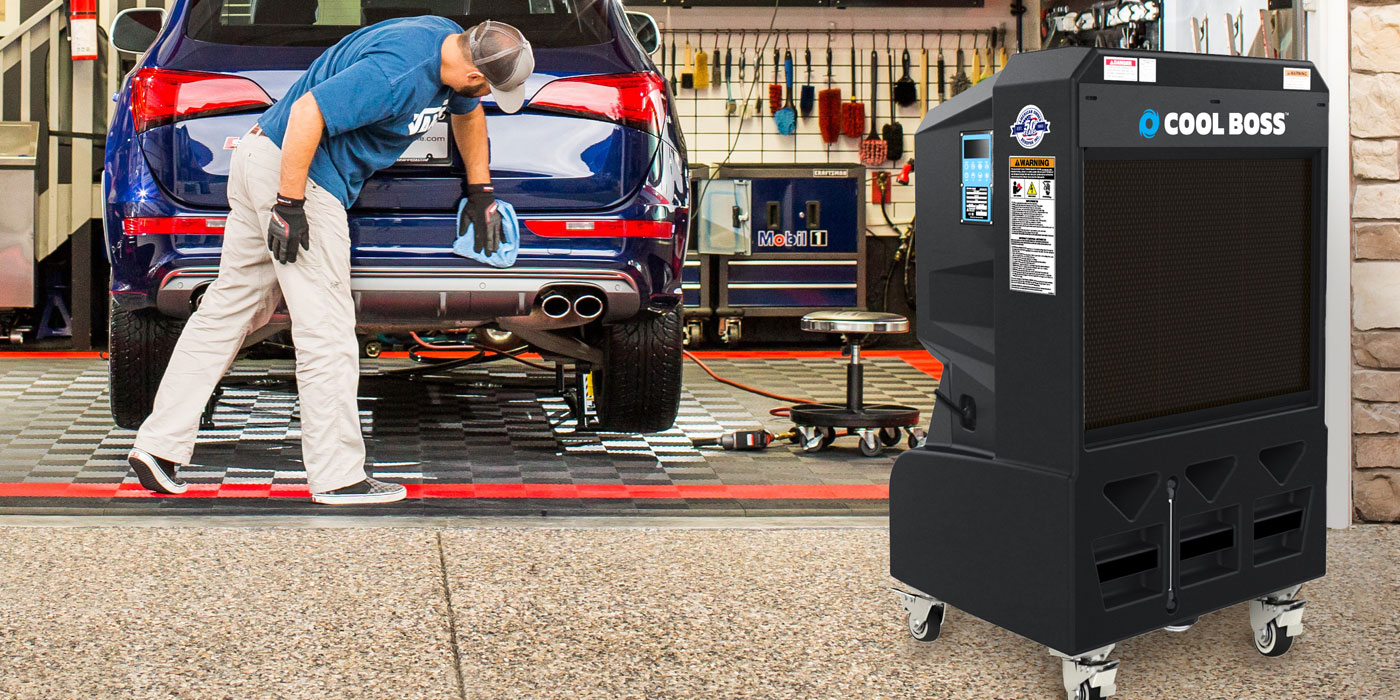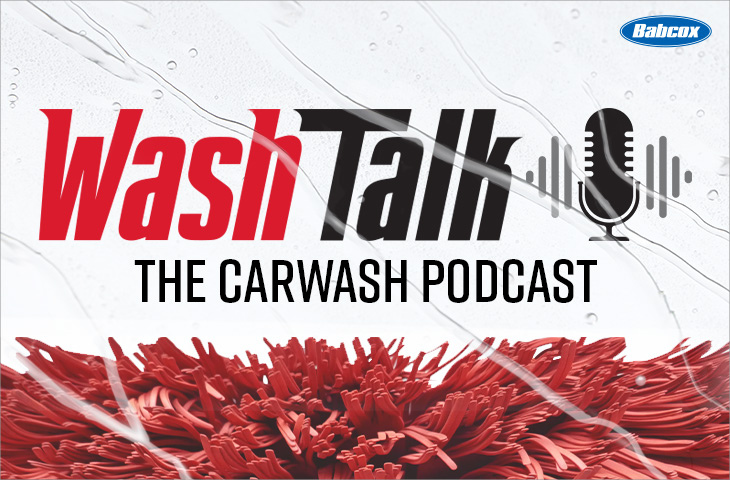Years ago, when I owned my retail businesses, I used to spend a lot of time at the bank. Contrary to what you may be thinking, I was not spending my time at the bank depositing money, but rather just the opposite — I was there to get more money. Therefore, I became pretty good at asking for a loan, describing to the bank president or the loan officer why I needed more money, how the money was going to be used and, of course, how the bank was going to get paid back.
In the course of my years of applying for loans, I also became pretty good at putting together and filling out a financial statement. As a matter of fact, I became so good at putting a financial statement together that I created my own financial statement form that I still use today rather than using one of the preprinted forms that the bank always gives you.
Related: Carwash equipment financing: loan versus lease
One of the interesting things about a financial statement is that it is not a reflection of the past nor a picture of what the future will bring; instead, it is considered a flash in time as to what your financial situation is at the very moment you created the financial statement. On the statement, it will tell the banker how much cash you have on hand, how much you owe on credit cards, how much you think your personal belongings are worth and, if you are an entrepreneur as I was, it will give the banker an idea as to what you think your business is worth at the time you are preparing and submitting the financial statement.
Where to invest your money
Now, this is the interesting part I want to address. If you are like I was, the largest financial asset on my financial statement was always the businesses I owned, not the cash on hand. I was taught not to have a lot of cash on hand — only enough to keep in reserve in case things go wrong; instead, I always put my cash to work within my business, because I could make more money investing in myself than I could putting it into CDs or the stock market.
If money was put into a CD or the stock market, it was because I had excess cash and needed a place to park it until I found another business to buy or something else in which I could invest within my business, whether it was another retail location or the expansion of one.
On a side note, I got a little carried away and was cash poor but ended up with 30-plus restaurants and 150-plus retail locations using this mindset.
Which leads me up to the present. Unless one has been living under a rock for the last several years, it is a known fact that interest rates are low. As a matter of fact, when I give presentations to groups of business owners, I tell them that interest rates have never been this low in my lifetime, and I don’t expect to ever see them this low again in my lifetime. Hence, it is the greatest time in history to be a business seller because the low interest rates are driving up the values of businesses.
If you don’t believe me, take a look at the stock market where you have companies trading at record high P/E (profit to earnings) ratios; some companies are selling at high prices, and they aren’t even making any money. But, it is also the best time in history to be a business buyer too. With interest rates so low, it behooves one to either be acquiring more businesses or expanding one’s business.
The baby boomer dilemma
One of the things I hear more often than not is from people who either have money or access to money and are frustrated because they can’t find something to buy. They tell me that money is not the problem but that finding a good business to buy or invest in is a problem.
My point is that if you have a well-run business with good infrastructure, you may want to take a serious look at either expanding the footprint of your business with additional locations, expanding your current site or updating the infrastructure to increase efficiencies and profits. After all, do you remember what I said earlier about your business being the single most valuable asset you have on your financial statement? So, wouldn’t it make sense to pay a lot of attention to this valuable asset and treat it with care and make sure it is always in the best condition it could possibly be in?
It’s sort of like taking care of your body, where you are constantly checking your weight and working out and trying to stay in shape. Well, the same attention should be given to the biggest asset on your financial statement too.
“Okay,” you say, “I hear what you’re saying, but I am getting older and tired and really don’t have the desire to go borrow a bunch of money and accumulate a lot of debt at this point in my life.” Well, you make a great point, and if you are a baby boomer, as I am, even though I know how to build and grow a business to a larger scale, I don’t have the energy and desire to do that anymore either. But, we still have the situation of the business and it being the most valuable asset on your financial statement.
If you are a baby boomer, as I have described, with a profitable business, good infrastructure and a succession plan in place, then you are probably sitting in a good position, because you have done well in building your business, and you have prepared for the future by planning on how you were going to get out of the business either by selling or by having a succession plan.
However, if you don’t have a succession plan and are not interested in borrowing some of the cheap money that is presently available, because you know you will not live long enough to pay back all of the money and enjoy the fruits of your investments, I can relate with you.
Quite often, I get called to advise a family company that is at a crossroads: They know they must either sell the company or invest millions of dollars in order to stay current and continue to grow the business. Everyone knows that nothing stays the same in life and in business. In life and in business, you are either growing or dying, moving forward or going backwards. Nothing stays the same.
And, it is when I have conversations with these family businesses that the facts come to the surface: Unless they are willing to borrow and invest millions of dollars, which the business needs and which ultimately the present baby boomer owners know they will not live long enough to pay back if they don’t have someone in the family to pass the business onto, it doesn’t make any sense to go through the hassle of borrowing a lot of money, creating additional liability for them and their loved ones.
Ultimately, without a future generation to help share in the liability of the borrowed money, it doesn’t make sense to go down this road.
Real issues, real help
Having this conversation with so many people over the years prompted me to write a book about this situation, because it really bothers me to see people who have worked their entire lives building a great business get to the end of their business careers and not know what to do and how to benefit from all of their hard work. Because of this situation, I have seen many business owners and their families either lose or leave millions of dollars on the table because they don’t know what to do.
Now, I don’t make my living writing books. The reason I write books has always been to help educate and inform people about situations I can see myself in and because of what I see happening in the marketplace, and I don’t like to see people getting hurt because they don’t know any differently. I know I get extremely aggravated with myself following those times when I didn’t know the right question to ask and, therefore, didn’t end up with the information I was needing.
But, one thing I have learned over the years — and it has been about the only positive attribute I have found about getting old — is the fact that I know that I don’t know anything. Think about that for a minute.
You see, when I was younger, in my 20s and 30s, I thought I knew everything. I would have told you that even without asking. But now, as I have gotten older, I recognize how little I really know, and when it comes to money and the short timespan I may have left on this planet, I can’t afford to make as many mistakes as I could when I was in my 20s and 30s.
If you are a profitable baby boomer business owner who doesn’t have a succession plan, isn’t interested in obtaining a cheap loan and may be considering selling your business in the next couple of years, you may want to pick up a copy of my latest book.
Even if you are not interested in selling your business, in my book, I describe real-life situations of many successful business owners and what to look for when considering a transition of ownership. In other words, this is not some textbook describing hypothetical people. It is the real deal about real people having the right information at the right time.
But, more importantly, I hope you devote the time and energy to make up your own financial statement and see if your business is your biggest financial asset. And, if so, begin immediately treating it as important as it is.
Terry Monroe, president of American Business Brokers & Advisors, is the author of “The Art of Buying and Selling a Convenience Store.” Monroe’s latest book, “Cashing In on the Hidden Wealth of Your Business,” is now available on www.TerryMonroe.com and Amazon.com. He assists in market valuations and serves as an advisor, consultant, speaker, professional intermediary and a market maker for privately held companies. He has also been involved in the sale of more than 500 businesses. In his 30-plus years of service, he has owned and operated more than 40 different businesses.














